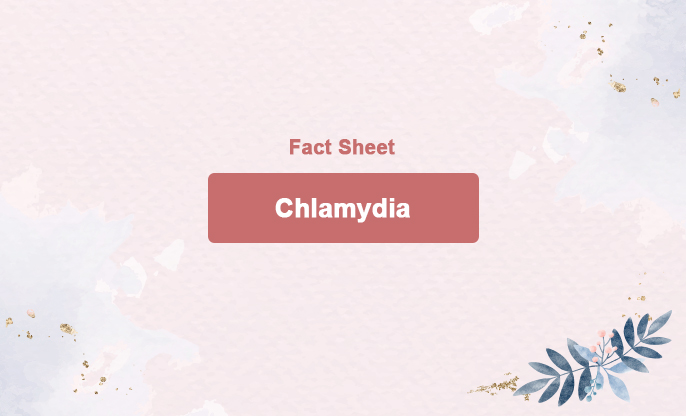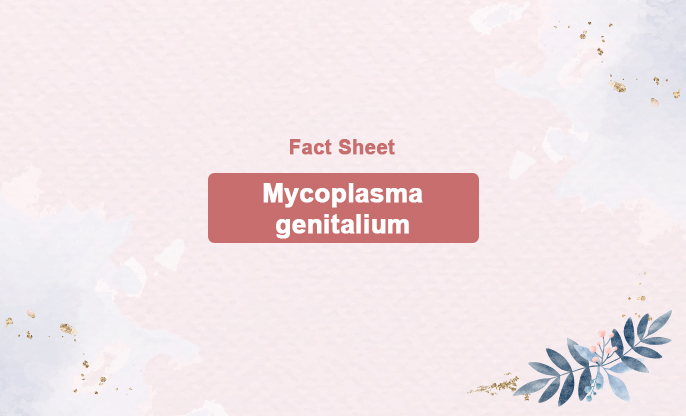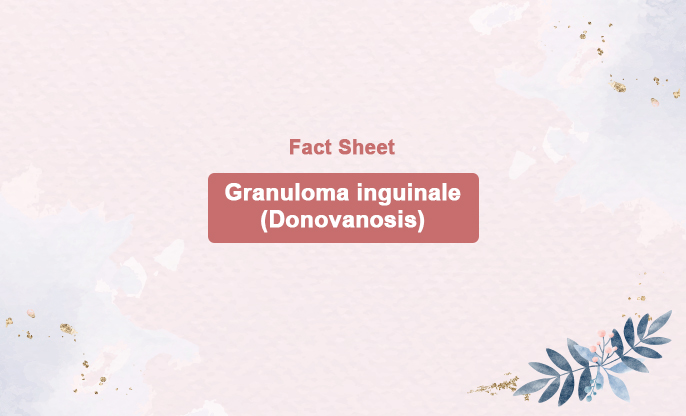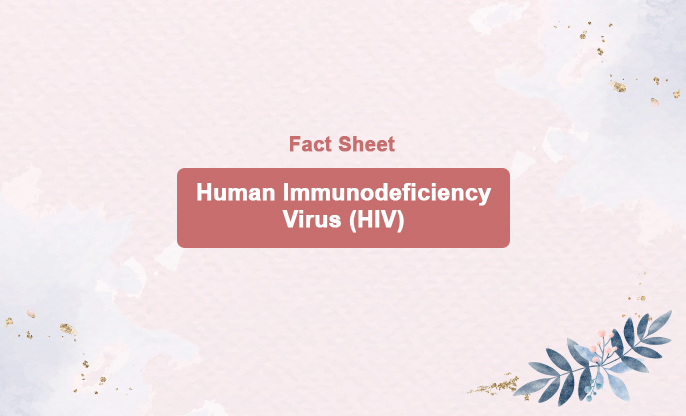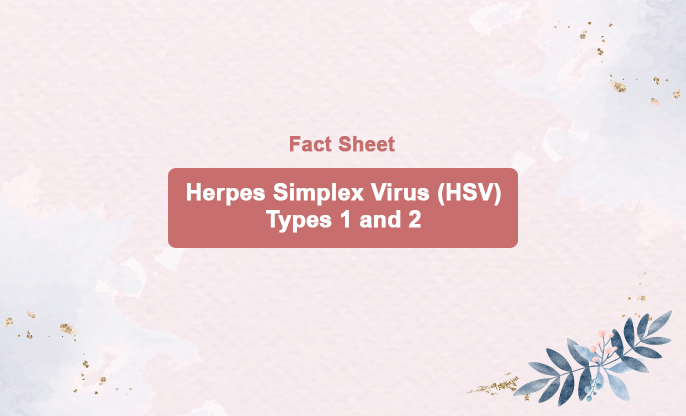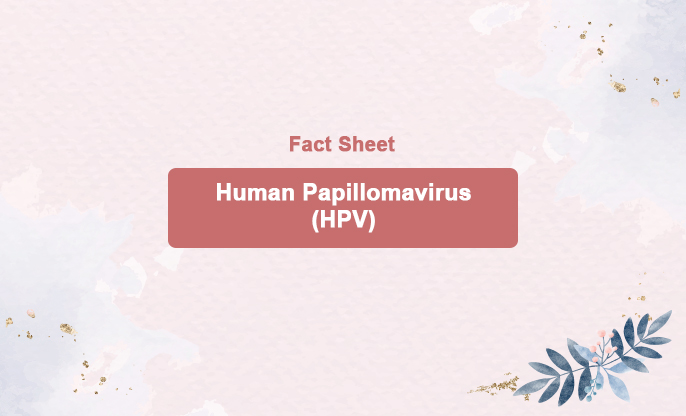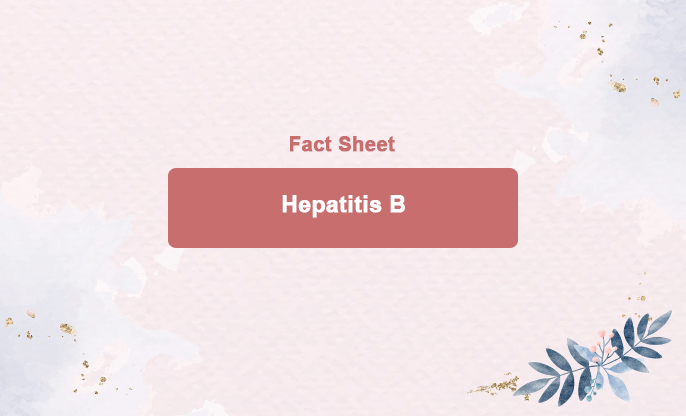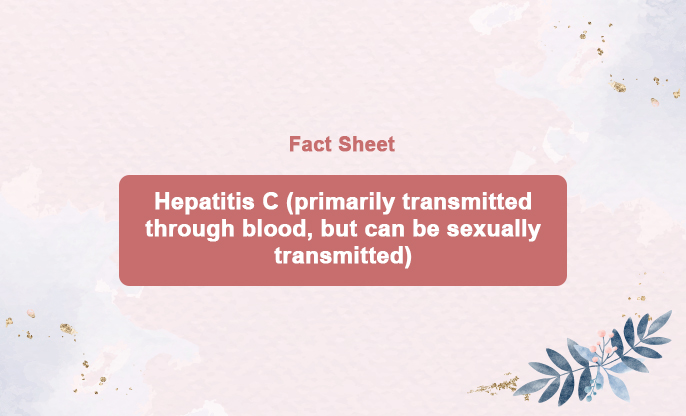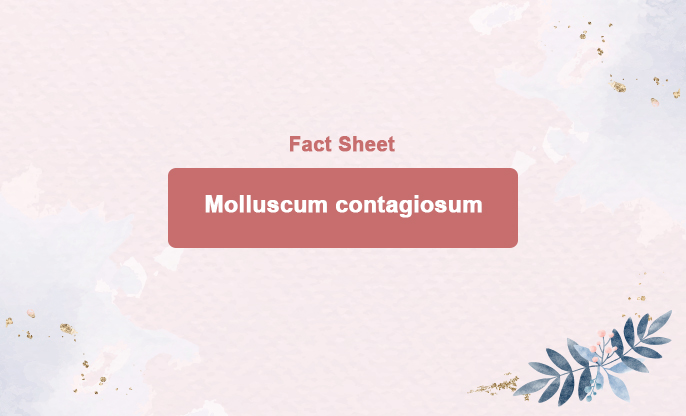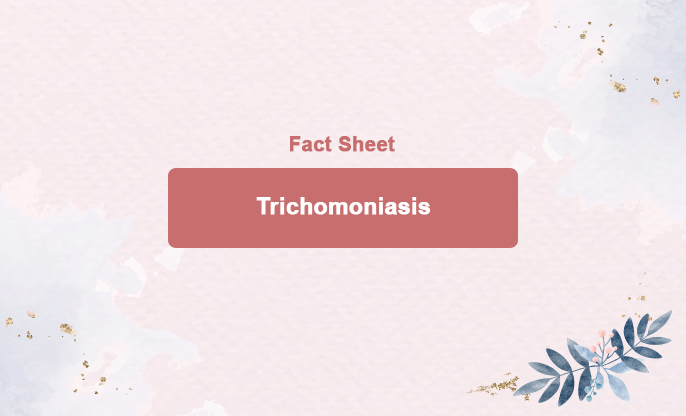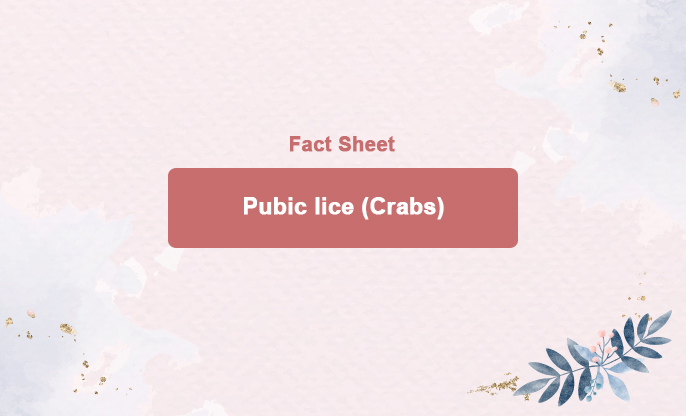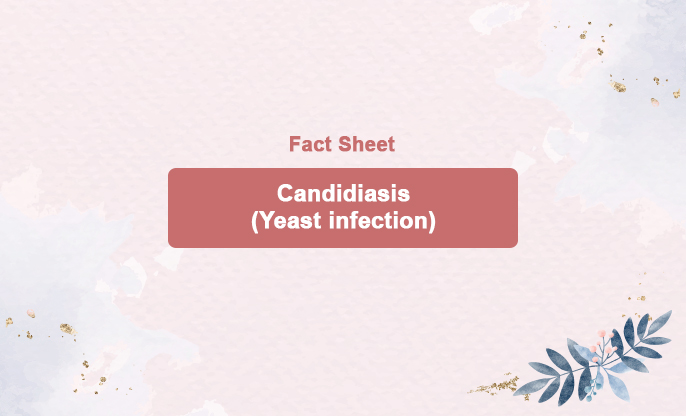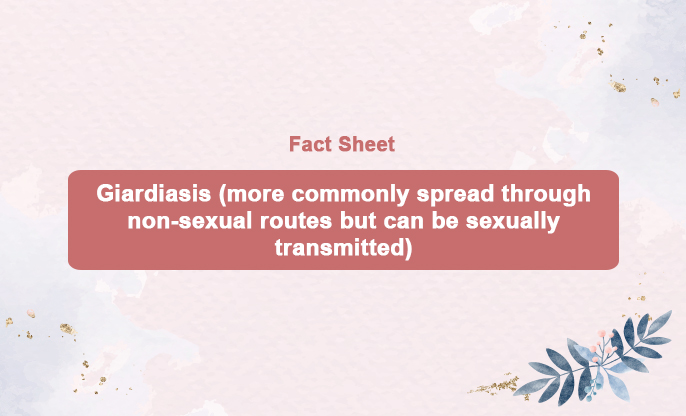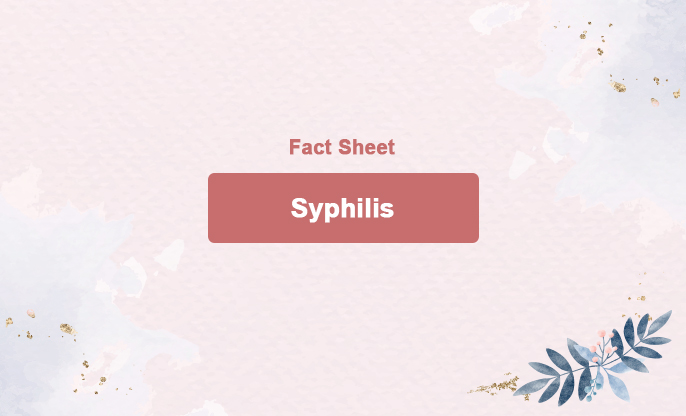
What is this?
Syphilis is a preventable and treatable bacterial sexually transmitted infection (STI). If left untreated, it can lead to serious health problems. Many people with syphilis do not have symptoms or may not notice them.
Syphilis is transmitted through oral, vaginal, and anal sex, during pregnancy, and via blood transfusion. Syphilis during pregnancy can result in stillbirth, newborn death, or babies born with syphilis (congenital syphilis). Using condoms correctly and consistently during sex can prevent syphilis.
Rapid tests can provide results in a few minutes, allowing for treatment to begin during the same clinic visit.
How is it transmitted?
Syphilis can be transmitted through vaginal, anal, or oral sex without a condom with an infected person. An infected mother can transmit syphilis to her unborn baby, which can lead to congenital syphilis. Although rare in modern medical settings due to screening, syphilis can be transmitted through infected blood transfusions.
Standard treatment protocol and time:
Primary, Secondary, and Early Latent Syphilis
First-Line Treatment:
Benzathine Penicillin G: 2.4 million units administered intramuscularly in a single dose.
Late Latent Syphilis or Latent Syphilis of Unknown Duration
First-Line Treatment:
Benzathine Penicillin G: 2.4 million units administered intramuscularly once a week for three weeks (total of 7.2 million units).
Neurosyphilis, Ocular Syphilis, or Otosyphilis
First-Line Treatment:
Aqueous Crystalline Penicillin G: 18-24 million units per day, administered intravenously (IV), divided into doses every 4 hours or as a continuous infusion for 10-14 days.
Alternative (if hospitalization is not possible): Procaine Penicillin G 2.4 million units intramuscularly once daily plus Probenecid 500 mg orally four times a day for 10-14 days.
Syphilis in Pregnancy
First-Line Treatment:
Benzathine Penicillin G: Dosage depends on the stage of syphilis but follows the same guidelines as for non-pregnant adults.
Alternative Treatments (for Penicillin Allergies)
Doxycycline: 100 mg orally twice a day for 14 days (for primary, secondary, and early latent syphilis).
Tetracycline: 500 mg orally four times a day for 14 days (for primary, secondary, and early latent syphilis).
For late latent syphilis or latent syphilis of unknown duration, alternatives are less clear, and penicillin desensitization is often recommended.
Time for Treatment
Symptom Relief: Symptoms typically begin to improve within a few days to weeks of starting treatment.
Full Recovery: It is crucial to complete the entire course of antibiotics as prescribed. Follow-up blood tests are necessary to ensure the infection has been fully eradicated.
Re-testing: Follow-up testing at 6, 12, and 24 months after treatment is recommended to ensure that the infection has been cured.
Important Considerations
Sexual Activity: Avoid sexual contact until the sores are completely healed and the course of treatment is completed.
Partner Notification and Treatment: Sexual partners should be informed, tested, and treated if necessary to prevent reinfection and further transmission.
Regular Follow-ups: Regular follow-up testing is crucial to ensure the infection is completely cured.
How to avoid it?
Use Condoms Correctly and Consistently
Get Regular STI Screenings
Limit the Number of Sexual Partners
Communicate with Sexual Partners
Avoid Sharing Needles
Get Tested During Pregnancy
